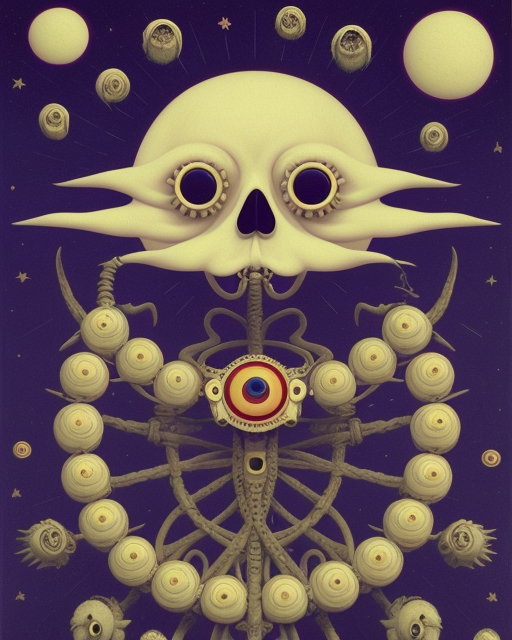
Otto von Bismarck, the Iron Chancellor, was a man marinated in vice. Wine, a crimson serpent, coiled around his mornings, slithered through lunch, and tightened its grip at dinner. Beer, a frothy trollop yeasty serpent, slithered down his gullet between courses, leaving a trail of burps that could curdle milk. And cigarettes, glowing embers of damnation, were his constant companions, wisping their tendrils of addiction into his lungs. Tobacco, a fiery succubus, latched onto his lips, whispering sweet oblivion in puffs of acrid smoke.
And when the sun dipped below the horizon, Bismarck wouldn’t be caught dead (well, not yet) with a mug of chamomile tea. Sleep? A mere drunken stupor, a surrender to the green fumes of absinthe that clouded his dreams. No, sleep arrived on a flood tide of schnapps, a potent oblivion that painted the world a blurry shade of Prussian ambition.
At the Berlin Conference, where they carved Africa like a rotten melon, Bismarck wasn’t just a player, he was a force of nature fueled by fermented grapes and barley. Pickled herrings, those translucent messengers of the deep, found their way into his maw with a two-handed frenzy. Bismarck wasn’t a statesman, he was a fiend at a banquet. Pickled herrings, those translucent messengers of decay, found their way into his maw with a speed that defied cutlery. Two hands, like meat hooks, wrestled the oily fish, a grotesque ballet fueled by schnapps and avarice. The room reeked of power, sweat, and pickled fish, a fitting olfactory accompaniment to the dismemberment of a continent.
Was he drunk? Who the hell cared. Drunk or sober, Bismarck was a shark in a feeding frenzy, and Africa, dripping and glistening, was the blood in the water. One imagines the negotiations, a grand guignol of ink-stained maps and diplomatic double-entendres, punctuated by the belch of a man pickled himself, both literally and figuratively. The ink on the treaties might as well have been blood, Bismarck’s own fiery spirit staining the parchment. A whirlwind of diplomacy and debauchery, the Iron Chancellor left a trail of fumes and fumes alone in his wake.
One could argue Bismarck’s boozy brilliance was a double-edged sword, a Molotov cocktail of realpolitik served lukewarm. Sure, he unified Germany under a Prussian fist, but was it a foundation built on sand, mortared with hangover sweat?
It was the first domino in Germany’s tragic waltzing with oblivion. Imagine the map of Africa being carved up not by a steely-eyed statesman, but by a bleary-eyed baron with a tremor in his hand. Did the borders of the Congo sprawl outwards because Bismarck saw double after a particularly potent schnapps?
Perhaps. And perhaps those shaky lines, drawn in a haze of hops and hangover, laid the groundwork for future conflicts. Resources, resentment, a festering sense of injustice – a potent cocktail, even without the booze.
Then consider the domino effect. Bismarck’s legacy, built on unsteady legs, crumbles. The power vacuum sucks in a new breed of leader, hungry and paranoid. Enter Hitler, a teetotaler fueled by a different kind of intoxication – a twisted ideology that had him high as a🪁 (kite) on delusions of grandeur.
So yes, there’s a delicious irony, wouldn’t you say? Bismarck, the boozer, might have unwittingly paved the way for a dry drunk who’d plunge the world into a firestorm. The Iron Chancellor, brought low not by iron, but by cirrhosis. A cautionary tale, indeed, for leaders who confuse a full flagon with a full head.
Perhaps, if Bismarck had swapped the schnapps for seltzer, things might have been different. But that’s just another line in the mad scribble of history, a “what if” lost in the haze of his perpetual inebriation.One could argue Bismarck’s boozy statecraft was a recipe for Deutschland’s descent into the inferno. Imagine, the fate of entire nations decided by a man reeking of stale beer and pickled brine! His proclamations, no doubt, slurred pronouncements delivered through a haze of nicotine and schnapps.
It’s a heady cocktail of speculation, for sure. But with Bismarck swigging wine at breakfast and Hitler frothing at the podium, one can’t help but wonder if Germany just couldn’t find the right balance. Perhaps the answer wasn’t rock bottom or uptight abstinence, but a healthy dose of moderation. A nation, like a man, needs a clear head to navigate the treacherous waters of history.